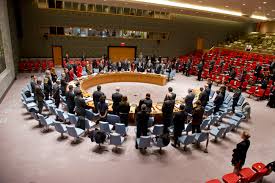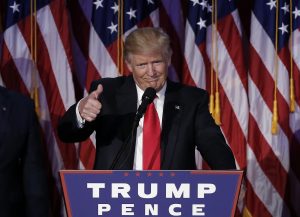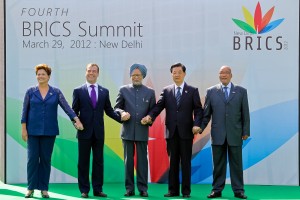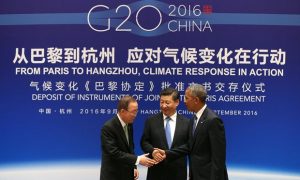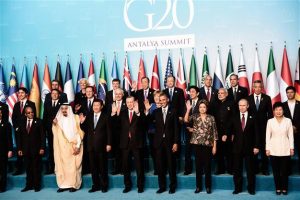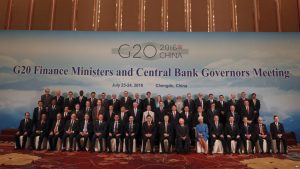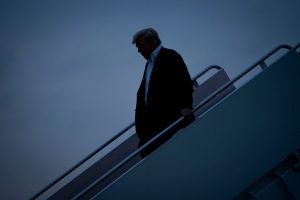
My IR colleagues, and other IR experts are reeling from the actions of this President at various summits – the G7 at Charlevoix and the Trump-Kim Summit in Singapore. More than anything we now see the President’s actions in advancing the ‘America First’, I hate to call it this – but a so-called U.S. foreign policy strategy.
First our CFR colleague Stewart Patrick describing the personally offensive Presidential behavior in this post, “At G7 Summit, Trump Takes a Wrecking Ball to the West” The Internationalist:
He is destined to be one of America’s most consequential foreign policy presidents. Fewer than seventeen months into his administration, Trump has already shaken the foundations of international order. He has abdicated U.S. global leadership, which he believes has bled the United States dry, and he has sidelined multilateral institutions (from NATO to the WTO), which he perceives constrain U.S. freedom of action. The G7 summit suggests he is just getting started. He seems prepared to abandon the transatlantic relationship, and even the concept of “the West,” as pillars of U.S. global engagement.
Increasingly, ‘America First’ now has t be understood as ‘America Alone. Here is Patrick summing up:
Under Trump, the United States is off the rails. Rather than debating the merits of his case maturely, the president vents at America’s closest allies. “We’re like the piggy bank that everybody’s robbing,” he cried over the weekend, while blastingTrudeau as “very dishonest and weak.”
Kori Schake, our Stanford colleague, who is currently deputy director-general of IISS in London summed up in the Sunday NYTimes the view of Trump actions following his recent summit exercises:
Such reckless disregard for the security concerns of America’s allies, hostility to mutually beneficial trade and willful isolation of the United States is unprecedented. Yet this is the foreign policy of the Trump administration. Quite explicitly, the leader of the free world wants to destroy the alliances, trading relationships and international institutions that have characterized the American-led order for 70 years.
Where are we at this moment? Here is Schake’s take:
The administration’s alternative vision for the international order is a bare-knuckled assertion of unilateral power that some call America First; more colorfully, a White House official characterized it to The Atlantic as the “We’re America, Bitch” doctrine. This aggressive disregard for the interests of like-minded countries, indifference to democracy and human rights and cultivation of dictators is the new world Mr. Trump is creating. He and his closest advisers would pull down the liberal order, with America at its helm, that remains the best guarantor of world peace humanity has ever known. We are entering a new, terrifying era.
Trump’s actions are a dramatic attack on the multilateral economic system and an equally direct and a punishing undermining of the global security system with its allies, and frankly its adversaries. Nothing good will come of this.
Image Credit: Doug Mills/The New York Times
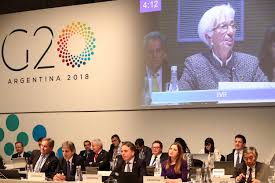 I was speaking to some of my ‘global governance co-conspirators’ recently. We were struggling to describe and capture the consequences for global governance of American policy in this ‘Age of Trump’.
I was speaking to some of my ‘global governance co-conspirators’ recently. We were struggling to describe and capture the consequences for global governance of American policy in this ‘Age of Trump’. 


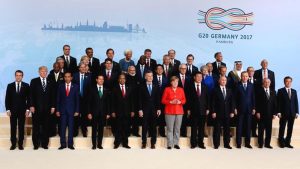 So, I was struck almost immediately by the headline in the
So, I was struck almost immediately by the headline in the 